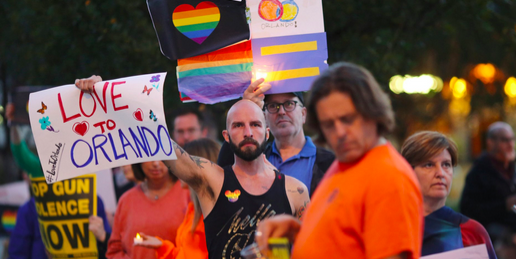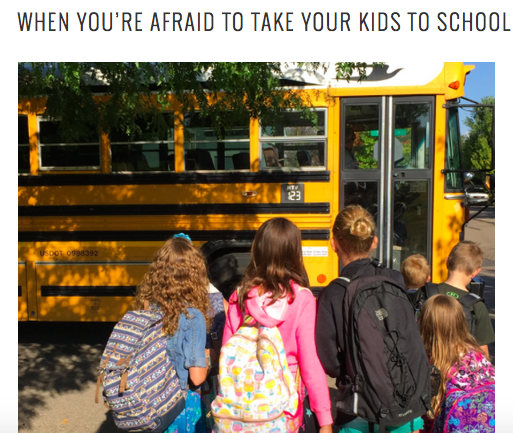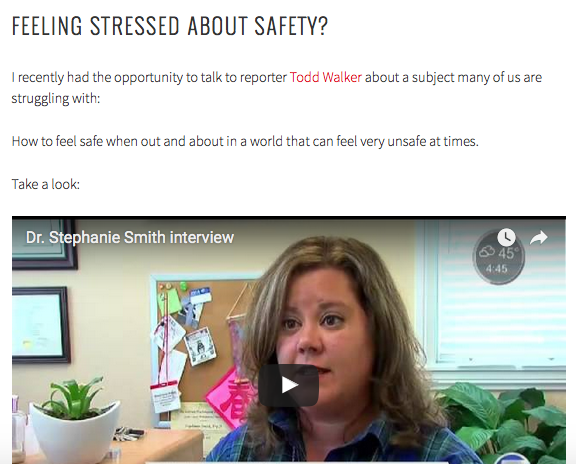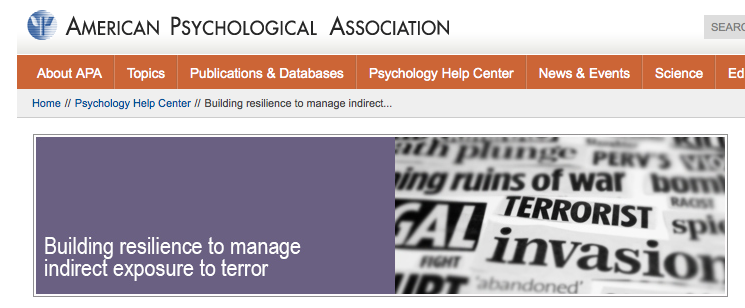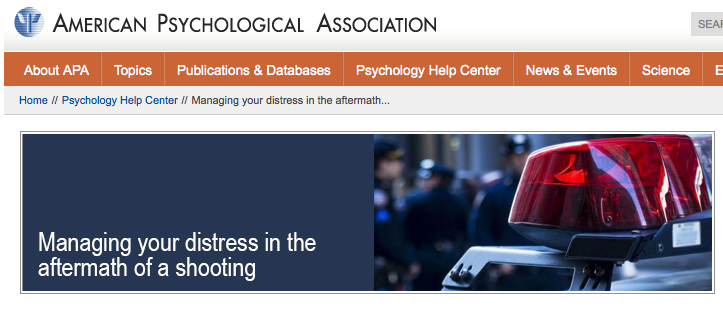
Flooding in Colorado
I live and work in Northern Colorado, and this week we have been in the midst of some pretty significant flooding. Sure, we are used to big snows, tornadoes and persistent droughts – but this flood thing is new to many of us. What all these weather-related events have in common, though, is the anxiety, fear and worry that accompanies them. It can be especially tough on our littlest family members.
With my own anxiety, fear and worry swirling, I am trying to use the coping strategies put forth by others before me:
TURN OFF THE TV! Yes, I know all-caps is the typist’s form of shouting – but I think it is something to shout about. I estimate that it takes the local news 5-10 minutes to update me on everything I need to know about the storm, the flooding and a bit about the world outside of Colorado. After that, the pictures are repeated, the warnings more urgent and the predictions more dire. It’s no wonder that after about 10 minutes of watching (or reading, or YouTubing or Facebooking) I notice my anxiety level soar. So, this tip is kind of a no-brainer: watch the basics then TURN IT OFF!
Connect with the gang. Folks often describe feelings of closeness with their community during tough times. I am seeing this all around me. Neighbors chatting, planning and organizing; co-workers banding together to help the cause; community organizations reaching out in ways they normally don’t. Connecting with your community can be a really effective way to combat the emotional turmoil that accompanies natural disasters.
Keep on keeping on. Whether we realize it or not, most of us have some pretty effective stress management strategies on board already. For example, I love to watch House Hunters as a way to wind down. Other folks might find reading, praying or walking to be particularly effective at managing stress. The key is, now that we are REALLY stressed, let’s not forget the coping strategies that work for us. That might mean getting creative and reading by candlelight instead of lamp light, but the effect is the same.
For more ideas about managing distress related to the floods (or other natural disasters), check out the American Psychological Association’s Help Center.
